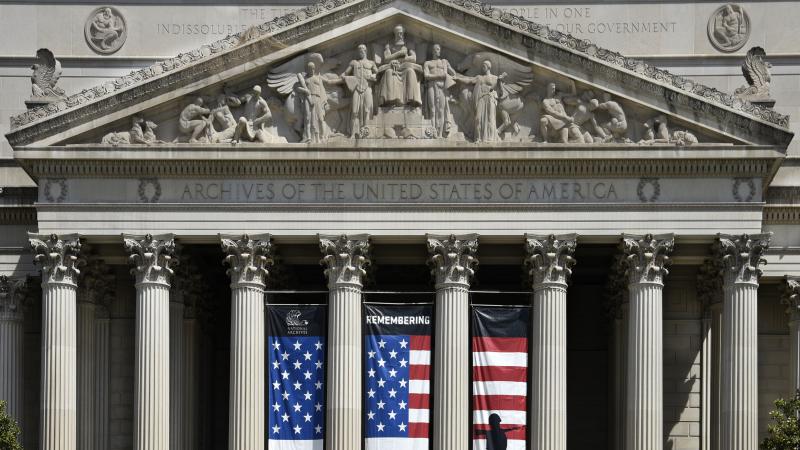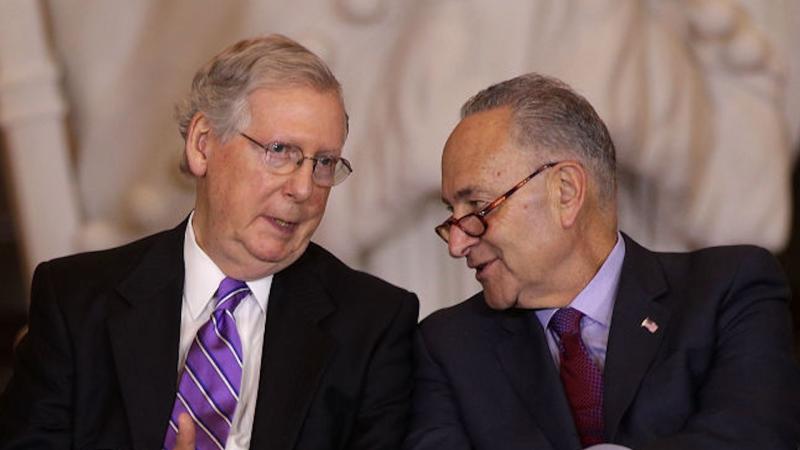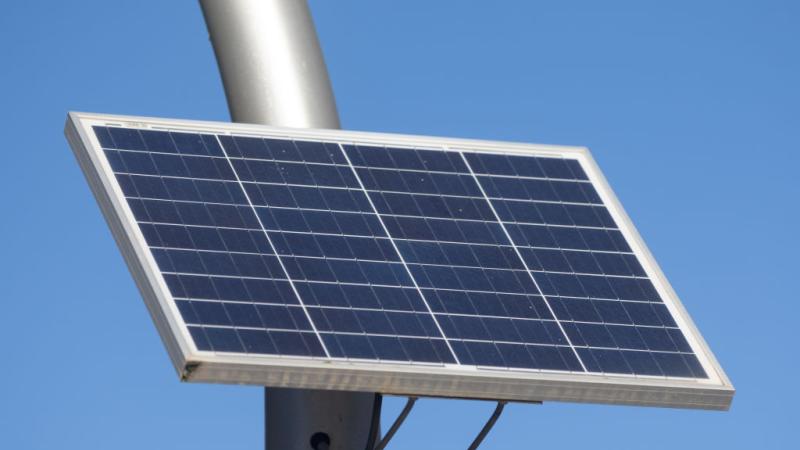NASA hails 'new milestone' in Hubble Space Telescope's exploration of expanding universe
Expansion rate of universe has long baffled and intrigued cosmologists.
The legendary Hubble Space Telescope recently reached a "new milestone" in its exploration of the farthest reaches of spacetime, NASA announced this week, a development which may help scientists answer some of the most critical questions surrounding the origin and development of our universe.
Hubble "has calibrated more than 40 'milepost markers' of space and time," NASA said in a press release this week, with those markers set to help scientists "precisely measure the expansion rate of the universe."
Scientists have understood for over 100 years that the universe is expanding, with major galaxies and galactic groups speeding away from each other across vast cosmological distances.
Long of interest to astronomers has been the precise calculation of the "Hubble constant," or the rate at which the universe is expanding over long distances. Scientists years ago determined how to calculate that rate in part by monitoring the detection of supernova stars across the universe.
Hubble has resolved just over 40 supernovae since its launch in 1990. "Because they are seen exploding at a rate of about one per year, Hubble has, for all practical purposes, logged as many supernovae as possible for measuring the universe's expansion," NASA said in its press release.
"The Hubble constant is a very special number," Licia Verde, a cosmoologist at the Catalan Institution for Research and Advanced Studies, told NASA. "It can be used to thread a needle from the past to the present for an end-to-end test of our understanding of the universe."
"This took a phenomenal amount of detailed work," she added.
















